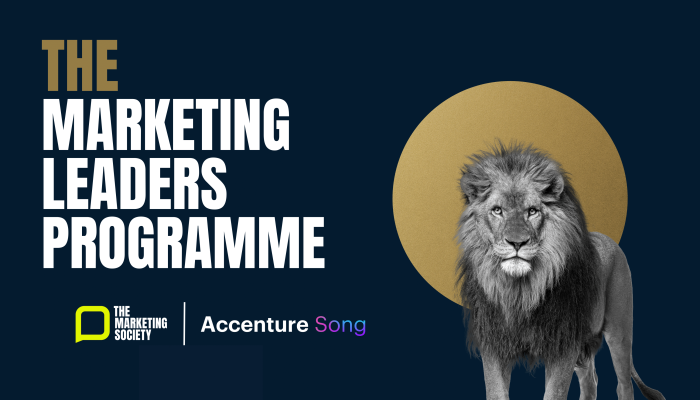Arriving at Ben Gurion Airport at the crack of midnight last month on my tenth trip to Israel, I was met by Eli, the taxi driver that usually takes me around Tel Aviv when I come to stay. I like Eli: perhaps surprisingly for a former IDF paratrooper, he has a wonderful sense of humour.
“Becoming a millionaire in Tel Aviv is easy”, he said to me that night on the way to the hotel, “all you have to do is to start as a billionaire…” grinning in the rear mirror.
Proving Eli wrong are Mobileye billionaire founders, Ziv Aviram and Amnon Shashua. In March this year, they became billionaires twice over when Intel acquired the driverless technology company for a record-breaking $15.3 billion.
The publication of Startup Nation in 2009 may have popularised the knowledge that that more tech ventures are started in Israel than in Japan, a country 15 times larger by population and by GDP. There were 1,400 Israeli start-ups in 2015. No wonder Israel has the highest number of start-ups per capita globally.
However, for many multinational companies, the scouting of Tech, Talent and Tenacity – three words that arguably best describe Tel Aviv’s start-up scene - had begun long before the book hit the shelf. Microsoft, for example, opened its R&D centre in 1992, joining veteran IBM who arrived in 1972.
There is no sign of a slowdown: Google first established a presence in Tel Aviv in 2006, launching its start-up incubator in 2012. AT&T operates its only non-US innovation “foundry” near Tel Aviv. It’s been running since 2011 as a joint venture with Amdocs.
Against this backdrop, Israel-based marketers are globally minded in a way paralleled in few, if any, other countries. The campaigns they architect and the brands they build are international by design. There are, in my view, three reasons for this:
1. 8 million Israeli consumers make for a small market (smaller than London, Mexico City or Greater Paris, say), so marketers seek scale by looking outwards to larger territories, not just in the US and Western Europe, but across all continents.
2. The tech geniuses, their colleagues, that set up the many start-ups mushrooming in Haifa, Tel Aviv and elsewhere in Israel are international too, often educated in the US or in Russia. They are at the same time admiring of giants such as Facebook, Oracle or Google, and wishing dearly to beat them.
3. Israel is a country of immigration. Whether they are first, second or third generation immigrants, marketers keep connections, language, memories and sometimes passports from their original countries. With this comes a deep appreciation and curiosity of the needs and desires of customers in markets as varied as Iraq, Morocco, France, Canada and Brazil.
Mobileye is not the only player aiming to revolutionise the global transportation market from Israel. Waze is a social navigation app which was bought by Google in June 2013 for just under $1bn: the US player is now integrating Waze into Google Maps. Start-up Phinergy tested a 1,100-mile range electric car in 2014 (Tesla cars’ maximum range is 335). Taking a different approach, ElectRoad aims to retrofit roads with wireless technology that charges vehicles as they drive. Why are so many Israeli tech-entrepreneurs piling in to address this sector? Anyone who’s experienced the truly biblical traffic jams of the Start-up Nation will have shared in the daily frustration of the Tel Avivim. Directing one’s effort at solving that headache comes naturally.
So, what of the car manufacturers in this (not so) fast-moving landscape? As they incorporate more and more clever software and sensors in their vehicles, and add EV and AV to their ranges, it looks as if the likes of BMW, Volvo, Peugeot, GM and Nissan have embraced the tech challenge…so far.
With cars evolving into self-driven pods that take you from A to B, controlled by geo-location software, shared not owned, and without a need to ever re-fuel, consumers will exercise their brand choice in a new category: transportation, not car. Their motivations will be different too. For sure, Toyota, BMW and Mercedes Benz are all in the top 40 global brands . However, Google, Microsoft, Apple, AT&T and Facebook are the top 5. In the battle for ownership of the traveller experience, they could emerge as the winners of this global transport revolution.
Back in Tel Aviv, Eli is focused on beating his current competition: other taxi drivers. How? Eli hardly ever sleeps. A nap for a couple of hours every now and then is all he needs. This might not be enough against the driverless vehicles Mobileye and all the others are working on. But until they become mainstream, it’s good enough to secure my custom at midnight at the airport.
Vincent Rousselet is the acting managing director of ITSMA Europe
This article originally appeared in quarter 3 of Market Leader, The Journal of The Marketing Society



